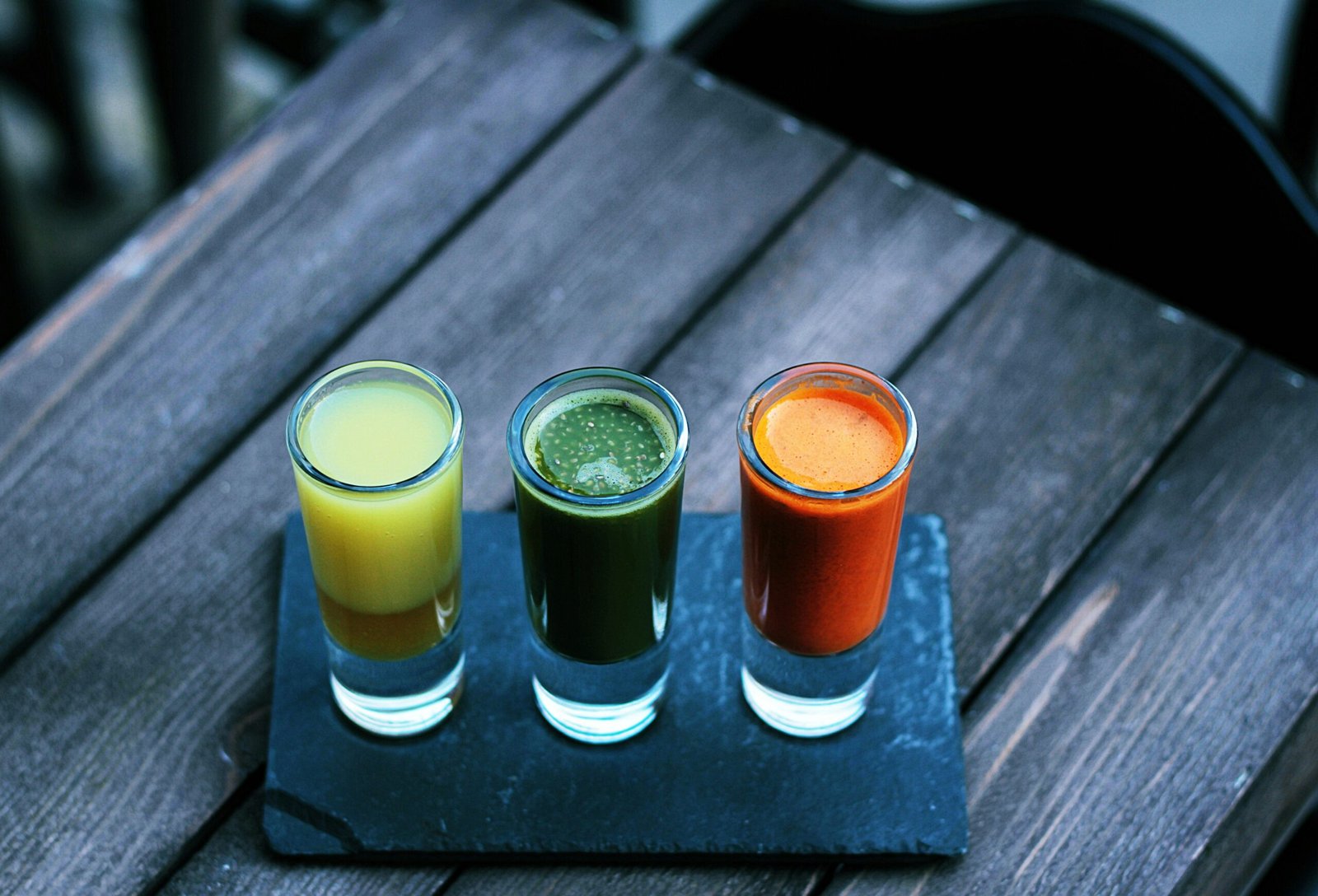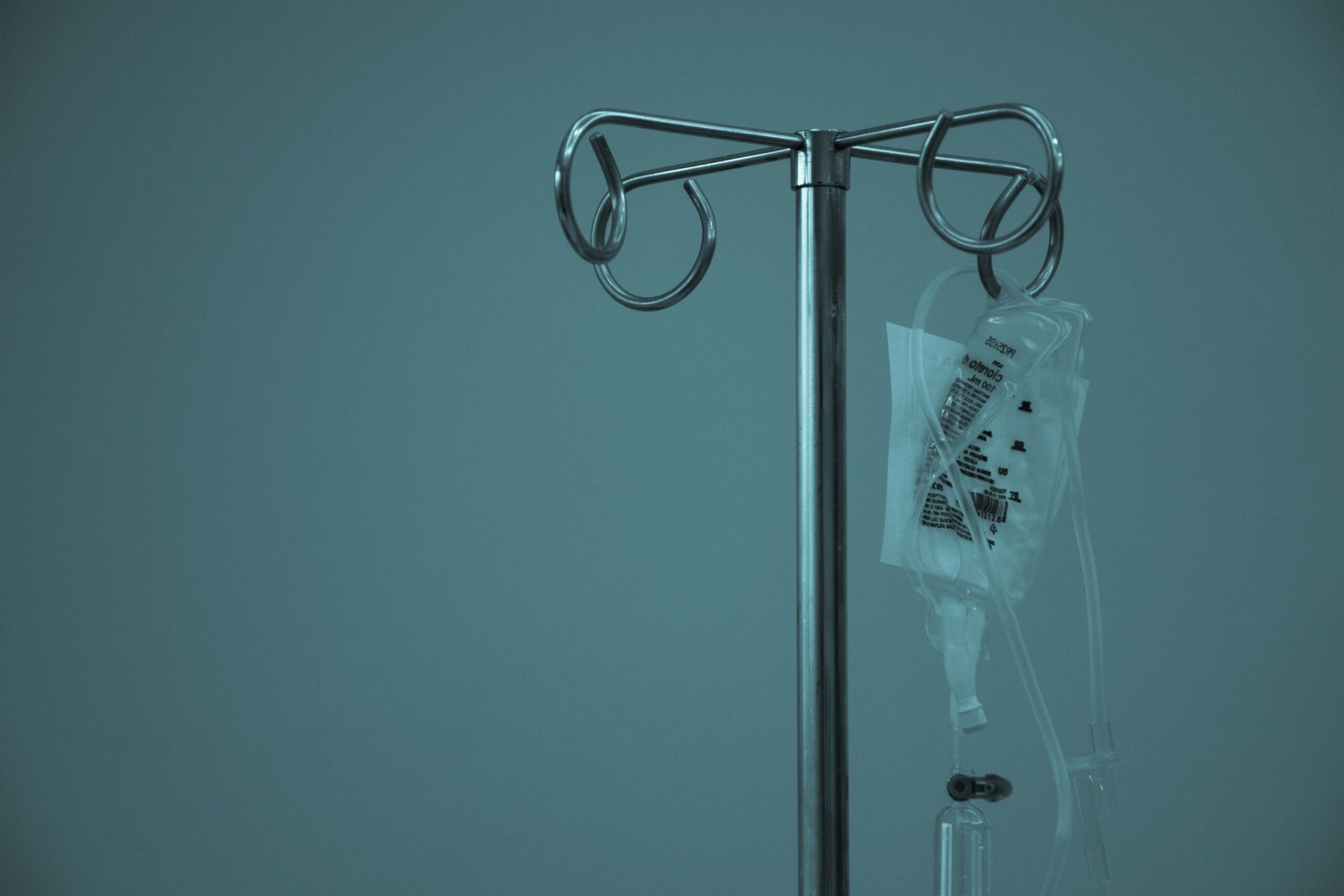Picture this: you're sitting down to a delicious meal, when suddenly a sharp pain shoots through your big toe, making you grimace in agony. If you suffer from gout, you know this scenario all too well. This condition, characterized by painful joints and inflammation, is often exacerbated by certain foods. So, what's the worst food you can eat for gout? In this article, we'll uncover the top culprit that should be avoided at all costs to keep your gout flare-ups at bay.
Understanding Gout
Gout is a form of arthritis that causes sudden and severe pain, swelling, and tenderness in the joints. It occurs when there is a buildup of uric acid in the body, leading to the formation of urate crystals in the joints. These crystals can cause inflammation, resulting in the symptoms associated with gout.
Definition of Gout
Gout is a type of arthritis characterized by sudden and intense joint pain, typically affecting the big toe. It is caused by the accumulation of uric acid crystals in the joints, leading to inflammation and discomfort. The condition can also affect other joints, such as the ankles, knees, and wrists.
Causes of Gout
The primary cause of gout is an excessive production or insufficient elimination of uric acid in the body. Uric acid is a natural waste product that is typically dissolved in the blood and excreted through the kidneys. However, when there is an imbalance, uric acid can accumulate and form crystals in the joints.
Certain factors can increase the risk of developing gout, including:
- Diet: Consuming foods high in purines, such as seafood, red meat, and alcoholic beverages, can contribute to gout development.
- Genetics: Gout tends to run in families, suggesting a genetic component to the condition.
- Obesity: Being overweight or obese increases the risk of developing gout as excess body weight can lead to higher uric acid levels.
- Medical conditions: Certain medical conditions like high blood pressure, diabetes, and kidney disease can increase the risk of gout.
Symptoms of Gout
Gout is characterized by sudden and severe joint pain, swelling, redness, and tenderness. The most commonly affected joint is the big toe, but gout can also impact other joints such as the ankles, knees, wrists, and fingers. The pain associated with gout often occurs suddenly, often at night, and can be debilitating. Other symptoms may include fever, fatigue, and limited range of motion in the affected joint.
Diet's Role in Gout Management
Impact of diet on Gout
Diet plays a crucial role in managing gout as certain foods can either exacerbate or alleviate symptoms. A gout-friendly diet aims to reduce the levels of uric acid in the body and minimize inflammation to prevent flare-ups and joint damage.
Importance of Healthy Diet for Gout
Following a healthy diet is essential for individuals with gout as it can help control uric acid levels and reduce the risk of flare-ups. A healthy diet for gout typically includes foods low in purines, such as fruits, vegetables, whole grains, and legumes. Additionally, maintaining a healthy weight through proper nutrition can help reduce the risk of gout and its associated complications.

Specific Foods and Their Impact on Gout
How certain foods cause Gout
Certain foods can contribute to gout development or trigger flare-ups due to their high purine content. Purines are natural substances found in some foods that can increase uric acid levels in the body when they are broken down.
When purines break down, they produce uric acid as a byproduct. When there is an excess of uric acid in the body or insufficient elimination, it can lead to the formation of urate crystals in the joints, causing gout symptoms.
Role of Purines in Gout development
Purines are organic compounds found in various foods, including seafood, red meat, poultry, certain vegetables, and alcoholic beverages. When these purine-rich foods are consumed, they can elevate uric acid levels. Limiting the intake of purine-rich foods is crucial in managing gout and reducing the risk of flare-ups.
Worst Foods to Eat for Gout
Seafood High in Purines
Certain types of seafood, such as anchovies, sardines, mackerel, and shellfish, are high in purines. Consuming these seafood varieties in excess can increase uric acid levels, leading to gout flare-ups. It is advisable for individuals with gout to limit their intake of these purine-rich seafood options.
Alcohol and its effects on Gout
Alcohol, particularly beer, is known to be associated with an increased risk of gout. Alcohol affects the elimination of uric acid from the body, leading to higher levels and a greater likelihood of gout attacks. It is recommended to minimize alcohol consumption, especially beer and spirits, to manage gout effectively.
Sugary Drinks and Gout
Sugary drinks, such as soda and fruit juices, are not only high in calories but can also contribute to gout development. These beverages are often sweetened with high fructose corn syrup, which has been shown to raise uric acid levels. Individuals with gout should opt for water, herbal tea, or naturally sweetened beverages to reduce the risk of flare-ups.
Red Meat and Gout
Red meat, including beef, lamb, and pork, is a significant source of purines and can increase uric acid production. Consumption of red meat has been associated with an increased risk of gout and should be limited or avoided in individuals with the condition.

Popular Diets and Their Impact on Gout
High-fat Diets and Gout
High-fat diets, such as those rich in saturated and trans fats, can worsen gout symptoms. These diets can lead to weight gain, which increases uric acid levels and the risk of gout flare-ups. It is recommended to follow a balanced diet that includes healthy fats, such as monounsaturated and polyunsaturated fats, while limiting saturated and trans fats.
Low-carb Diets and Gout
Low-carbohydrate diets, such as the ketogenic diet, may initially cause a reduction in gout symptoms by promoting weight loss. However, these diets can also increase the risk of gout flare-ups in the long term. Some low-carb foods, such as organ meats and certain seafood, are high in purines, which can contribute to gout development. It is important to consult with a healthcare professional before starting any diet, especially for individuals with gout.
Vegan Diets and Gout
Vegan diets, which exclude animal products, can be beneficial for individuals with gout. Plant-based diets are generally lower in purines and saturated fats, both of which can trigger gout symptoms. However, it is still essential to ensure an adequate intake of plant-based protein sources while following a vegan diet to maintain overall health and nutrition.
Foods to Limit with Gout
Processed Foods and Gout
Processed foods, such as fast food, frozen meals, and pre-packaged snacks, are typically high in sodium, additives, and trans fats, all of which can contribute to gout symptoms. These foods may also contain high fructose corn syrup, which raises uric acid levels. Limiting processed foods and opting for whole, unprocessed foods is crucial in gout management.
High-Sodium Foods and Gout
Consuming foods high in sodium can increase water retention and elevate blood pressure, potentially triggering gout attacks. Foods high in sodium include processed meats, canned soups, salty snacks, and fast food. It is important to read food labels and choose low-sodium alternatives to manage gout effectively.
High-Fat Dairy Products and Gout
While dairy products are generally considered healthy, high-fat dairy products should be consumed in moderation by individuals with gout. Full-fat milk, cheese, and ice cream can contribute to an increased risk of gout flare-ups due to their high saturated fat content. Opting for low-fat or fat-free dairy options is recommended.

Recommended Foods for Gout Management
Cherries and Gout
Cherries, both sweet and tart, have been shown to have anti-inflammatory properties and can help reduce the frequency and severity of gout attacks. Consuming fresh cherries, cherry juice, or cherry supplements may be beneficial for individuals with gout.
High-Fiber Foods and Gout
Foods high in fiber, such as whole grains, legumes, fruits, and vegetables, can aid in gout management. These foods promote regular bowel movements, which can help eliminate excess uric acid from the body. Including a variety of high-fiber foods in the diet can support overall health and reduce the risk of gout flare-ups.
Vitamin C-rich Foods and Gout
Vitamin C has been found to lower uric acid levels in the body, potentially reducing the risk of gout attacks. Including foods rich in vitamin C, such as citrus fruits, strawberries, kiwi, and bell peppers, in the diet can be beneficial for individuals with gout.
Understanding Triggers and Flare-ups
Common Food Triggers for Gout
In addition to purine-rich foods, certain foods and beverages can trigger gout attacks in susceptible individuals. These triggers vary from person to person but may include alcohol, high-fructose corn syrup, processed foods, shellfish, and organ meats. Identifying personal triggers and avoiding them can help prevent gout flare-ups.
Avoiding Flare-ups Through Diet
Adopting a gout-friendly diet and making lifestyle changes can significantly reduce the frequency and severity of gout attacks. Along with avoiding trigger foods, it is important to maintain a healthy weight, stay hydrated, and engage in regular physical activity. Maintaining a well-balanced diet and managing overall health can play a key role in preventing gout flare-ups.

External Factors and Their Impact on Gout
Stress and Gout
Stress can contribute to gout flare-ups by affecting the body's inflammatory response. High levels of stress can lead to increased uric acid levels and a greater likelihood of gout attacks. Implementing stress-reducing techniques, such as exercise, meditation, and adequate sleep, can help manage stress and potentially reduce the risk of gout flare-ups.
Weight and Gout
Maintaining a healthy weight is crucial for individuals with gout as excess body weight can increase uric acid levels. Losing weight through a combination of a healthy diet and regular exercise can significantly improve gout management and reduce the frequency of flare-ups.
Medications and Gout
In addition to diet and lifestyle changes, medications may be prescribed to manage gout and prevent flare-ups. These medications may include nonsteroidal anti-inflammatory drugs (NSAIDs), corticosteroids, or medications that help lower uric acid levels. It is important to consult with a healthcare professional for a comprehensive treatment plan tailored to individual needs.
Consulting a Health Professional about Gout and Diet
Benefits of Dietitian Consultation
A registered dietitian can provide personalized guidance and support for individuals with gout. They can help create a customized meal plan that takes into consideration an individual's specific dietary needs, preferences, and lifestyle. A dietitian can also offer education on label reading, portion control, and making healthy food choices to manage gout effectively.
How Doctors can assist in Gout Management
Medical professionals, such as rheumatologists, can diagnose gout and develop a comprehensive treatment plan. They may prescribe medications, recommend lifestyle modifications, and provide ongoing care and support. Regular check-ups with a doctor specialized in gout management can help monitor uric acid levels, prevent complications, and adjust the treatment plan as needed.
Available Treatments for Gout
There are various treatment options available for gout, including medications aimed at reducing pain and inflammation during flare-ups, as well as medications that help lower uric acid levels over time. Additionally, lifestyle modifications such as diet changes, weight management, and stress reduction techniques, can complement medical treatment and improve gout management.
In conclusion, understanding gout and its relationship with diet is crucial for individuals seeking to manage this condition effectively. By making informed food choices, limiting trigger foods, and adopting healthy lifestyle habits, individuals with gout can reduce the frequency and severity of flare-ups and improve their overall quality of life. Consulting with healthcare professionals, such as dietitians and doctors, can provide personalized guidance and support in developing a comprehensive treatment plan for gout management. Remember, you have the power to take control of your gout through a balanced diet and healthy lifestyle choices.
